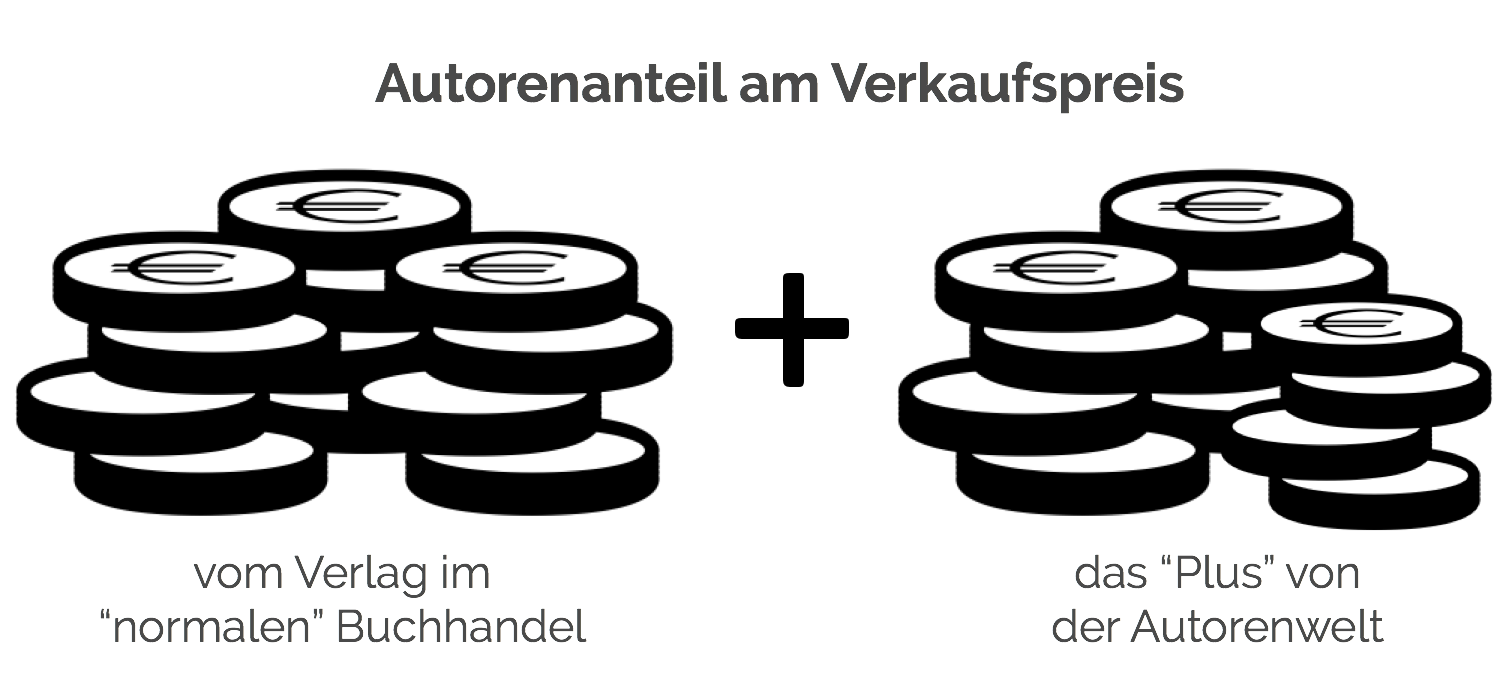
Autorenfreundlich Bücher kaufen?!

Beschreibung
The Nigerian Agricultural Sector contributes only 35% of the country¿s total GDP but it is nonetheless pivotal to the economic growth of Nigeria. It contributes about 65% of the labour force, but only 40% of the agricultural surfaces are presently under cultivation. Nigeria exports food and high-value agricultural products such as cocoa, gum Arabic, sesame seed and shrimps to ECOWAS, the European Union, the United States, India and Japan. Other export products include: cashew, ginger, vegetable oils and mangoes. Nigeria imports rice and other cereals, fish, shrimps and prawns as well as vegetable oils and vegetable products from the US, the EU, China and the ECOWAS sub region. As Nigeria seeks to expand and further diversify its food and agricultural export, the country regularly counters more stringent regulations, particularly, the Sanitary and Phytosanitary (SPS) barriers. Much frustration has resulted, as exporters found their access to lucrative markets blocked, often by TBT and SPS barriers. To make the situation worse, it is perceived in Nigeria, rightly or not, that other countries often impose trade barriers for protectionist, rather than science-based reasons.
"Implementations and Challenges"
Details
| Verlag | LAP LAMBERT Academic Publishing |
| Ersterscheinung | August 2018 |
| Maße | 22 cm x 15 cm x 0.6 cm |
| Gewicht | 149 Gramm |
| Format | Softcover |
| ISBN-13 | 9786139871834 |
| Seiten | 88 |